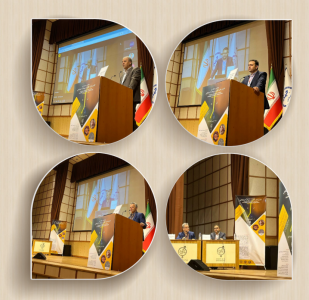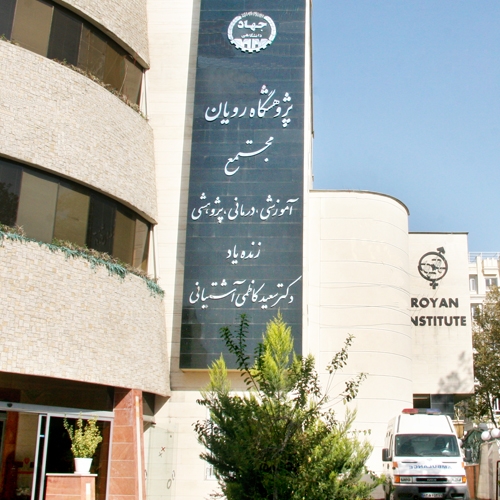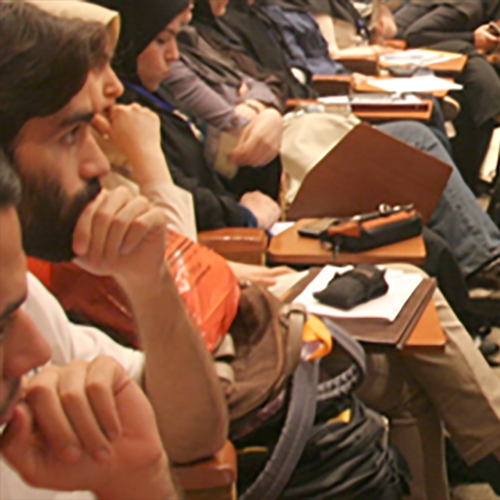Fourth National Seminar on Alternative Technologies to Laboratory Animals Was Held
 "Fourth National Seminar on Alternatives to Animal Testing Technologies" began at the Royan Institute in collaboration with the Faculty of Basic Sciences and New Medical Technologies. The seminar was held in Royan Conference Hall on June 19, 2024.
"Fourth National Seminar on Alternatives to Animal Testing Technologies" began at the Royan Institute in collaboration with the Faculty of Basic Sciences and New Medical Technologies. The seminar was held in Royan Conference Hall on June 19, 2024.It has been proven today that most animal species used in scientific activities possess highly developed nervous systems and extensive sensations and perceptions. These animals often endure pain, fear, anxiety, sorrow, and depression in many scientific projects and are frequently killed at the end of these experiments. Over the past few decades, the issue of adhering to ethical principles in the "use of animals in scientific activities" has gained significant importance. The use of animals in scientific activities must follow the three principles: "Replacement" (use of alternative methods to animal testing), "Reduction" (minimizing the number of animals used), and "Refinement" (optimizing animal care conditions). These principles are known worldwide as the 3Rs principles. The principle of "Replacement" implies that if alternative methods to using live animals in scientific activities are available, then the use of such animals is not ethically permissible, and alternative methods should be prioritized.
This seminar focused on two main areas: "Artificial Intelligence" and "Cell Modeling." The session topics included "The Necessity of Applying Alternative Technologies to Laboratory Animals in Research and Education," "Artificial Intelligence: Past, Present, and Future," "Organoids and 3D Biological Structures," "The Application of Artificial Intelligence in Biological Research," "Ethical Principles in Working with Laboratory Animals," and "Cell Modeling: Past, Present, and Future."
Publish date: 2024/06/23





